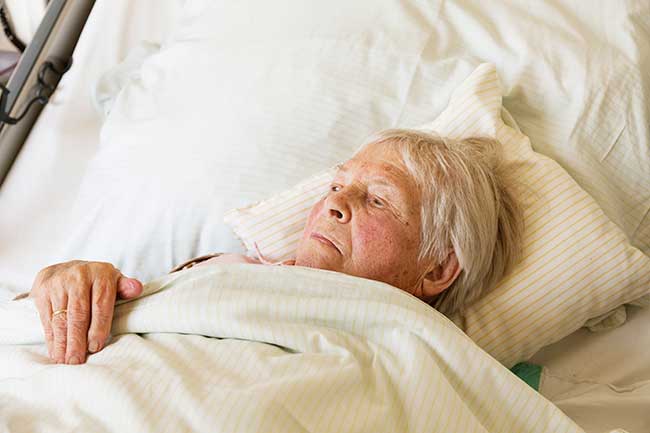Alarm fatigue occurs when clinicians experience high exposure to medical device alarms, causing alarm desensitization and leading to missed alarms or delayed response. As the frequency of alarms used in healthcare rises, alarm fatigue has been increasingly recognised as an important patient safety issue. Please refer to the
References section for papers on Alarm Fatigue.
A busy ward can be noisy with multiple beeps, buzzes and bings which makes it hard to identify the patient, the type of device alarming and the seriousness of the event, especially if two or more devices have a similar tone.

